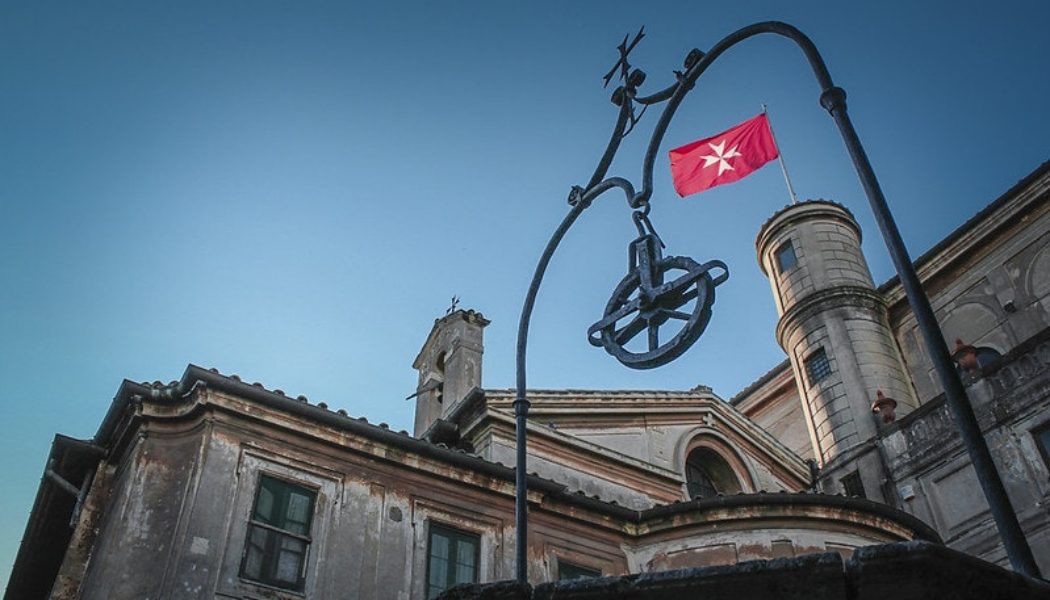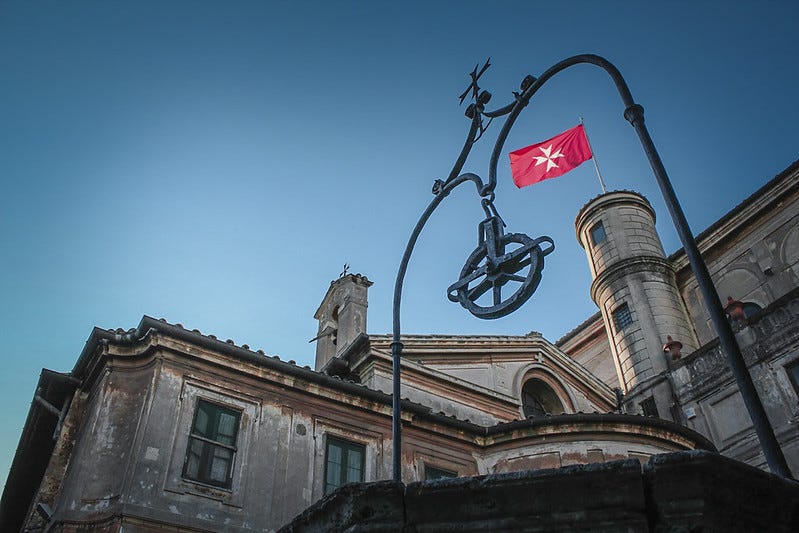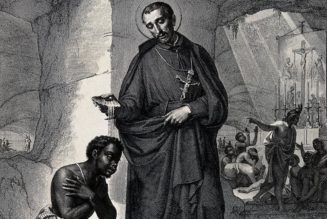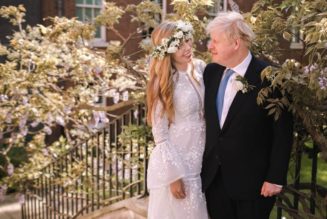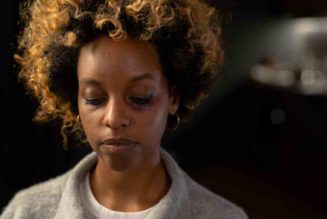Pope Francis met Saturday with representatives of the Sovereign Military Order of Malta and Cardinal Silvano Tomasi, his special delegate to the knights, to discuss proposals for the constitutional reform of the order.
The audience followed Francis’ decision, announced at the beginning of this month, that he would decide personally on the future of the order, after work on a new constitution ground to a halt following a public dispute between Cardinal Tomasi’s papally appointed commission and the order’s own leadership.
In a Feb. 26 letter circulated to the order’s senior members, a copy of which was obtained by The Pillar, the president of the order’s Lebanese association, Marwan Sehnaoui, expressed his gratitude to the pope for dedicating two hours of his time to meet with them on Saturday. Sources familiar with the meeting separately told The Pillar that Francis stepped out of the meeting to speak with Ukrainian president Volodymyr Zelenskyy before resuming the discussion.
According to Sehnaoui, who was nominated last month to replace the order’s Grand Chancellor Albercht von Boeselager in negotiations over the order’s reform, both sides presented the pope with their own visions for the reform of the order and commented on the other’s presentation.
“After the exchange of views,” Sehnaoui said, “the Holy Father said there is no urgency in making a final decision,” and that the pope wanted to gather additional information ahead of a likely second audience before making a final decision.
In his own Feb. 26 letter to the order, Tomasi said that he had presented the pope with vision for his own reforming proposals which “maintains and better frames the Order in its characteristic of a lay religious order and allows the continuation of its charitable, diplomatic and humanitarian action, to the benefit of the ‘Lord’s sick’ and service of the Church.”
“The order’s representatives went beyond the high-level explanation of their own draft texts by sharing with the Holy Father the [SMOM] government’s implementation plans already in place,” Sehnaoui said.
Pope Francis’s Feb. 2 decision to assume personal responsibility for deciding the future of the order came after weeks of a crisis in the relations between the order’s government and Cardinal Tomasi in recent weeks.
Central to the dispute between the order’s Grand Magistry and Tomasi’s team was the circulation of a draft constitution for the order, which would have made it an explicit “subject” of the Holy See, despite promises from Tomasi that the Vatican had no intention to undermine the order’s sovereign status in international law.
In response to the draft, Boeselager announced he was stepping down as chair of the order’s internal constitutional steering committee, and nominating Sehnaoui, the president of the order’s Lebanese association in his stead.
At the same time, Tomasi criticized sections of the order’s leadership for circulating the text in the first place.
With the question of the order’s continued sovereignty apparently resolved, the main topic of dispute now is the future role the professed first class knights, who make religious vows of poverty, chastity, and obedience, will play in the order’s governance.
The role of the professed knights, called Fras, has been at the heart of the stalled constitutional reform process since the Vatican first became involved with the order’s internal governance in 2017, when the pope demanded the abdication of the then Grand Master, Fra’ Matthew Festing.
Among the knights themselves, there is fierce disagreement about the future role of the Fras.
One side of the order, most commonly identified with the order’s German association and leadership in Rome, has proposed a more ceremonial role for the Fras in the order’s senior governing positions, with most day-to-day governing power concentrated in roles open to the second class of knights.
Supporters of these proposals point to the small number of professed knights available to serve in senior positions, and argue that it would leave the Fras free to concentrate on leading the spiritual core of the order and its work.
Critics have said that change would effectively sideline the professed religious from the knights’ work, and with it the essential character of the order as Catholic and religious.
Tomasi’s draft constitution would expand the role of the Fras in senior positions and internal governing bodies, and entrench their place at the head of the order, even though there are only 38 Fras in vows, with fewer than 20 of them younger than 70.
Wrapped up in debate over the future role of the Fras have been accusations that the order’s leadership and German association are seeking to “turn the order into an NGO” and “secularize” its work and identity. These accusations have been explicitly acknowledged both by Tomasi and the order’s Grand Chancellor, Boselager, in recent weeks.
Senior members of the order’s German association have told The Pillar that their proposals would place the religious life of the Fras more directly under Vatican oversight and papal authority as a Catholic religious order while preserving the order’s sovereignty as it relates to its diplomatic and humanitarian work.
Two senior knights familiar with the “German” proposals submitted to the pope said that a scaled back and more ceremonial role for the Fras is essential to address tension between their obligation religious obedience and the independent governance of the order.
Both knights declined to be named, citing instructions from Cardinal Tomasi to refrain from public interventions while the matter was under papal consideration. But both also insisted that the proposal constituted a “laicization” or the order’s governance, not a “secularization” of the order itself.
One senior member of the German association compared the situation to other Catholic apostolates and institutions founded by religious orders, which have been handed over to the control of non-religious boards. The knights cited large Catholic universities and healthcare networks in the United States as examples.
Supporters of an enhanced role for the Fras in the governance of the order, have told The Pillar that the notion of “laicizing” the order’s governance would lead to an institution “Catholic in name only,” and foster tolerance for departures from Catholic teaching, or compromises on issues like contraception, abortion, and euthanasia in the order’s work in different parts of the world.
Pope Francis is expected to meet again with Tomasi and the knights at the end of March.
Join Our Telegram Group : Salvation & Prosperity
